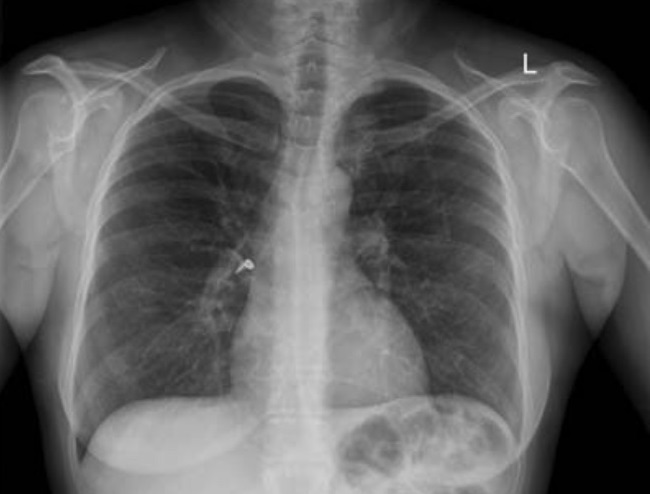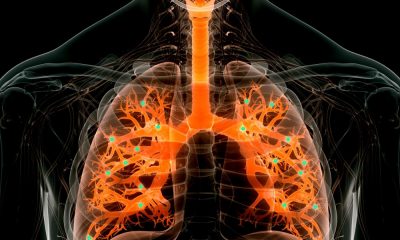A new study is shedding light on why the omicron variant of SARS-CoV-2 is only capable of causing a milder form of COVID-19 compared to the previous strains. The discovery appears to corroborate previous findings on how the new variant of concerns causes fewer hospitalizations and deaths than the delta variant.
The New Study
A consortium of researchers from America and Japan recently released a study suggesting that the omicron variant of the novel coronavirus causes less severe symptoms than the delta and other strains because it affects the lungs differently. The preprint is still under consideration at a Nature Portfolio Journal, but it has already caught the attention of the medical community as it attempts to explain the mild form of the disease caused by the omicron variant.
According to the scientists who worked on the study, which involved conducting experiments on mice and hamsters, omicron causes a less severe impact on the upper and lower respiratory tracts. They found that the strain yields a “lower viral burden” in the nose, throat, and lungs, leading to milder viral load and replication and, ultimately, less damage to the areas mentioned.
The researchers indicated that they noticed attenuated or weakened infections in the lungs of the rodents. The mice with the new SARS-CoV-2 variant only had limited weight loss and a lower viral burden in their respiratory tracts. They demonstrated “attenuated lung disease in rodents, which parallels preliminary human clinical data,” the team added.
Similar Findings
White House chief medical adviser Dr. Anthony Fauci recognized the study and other studies in a recent COVID-19 response team briefing. The physician-scientist and immunologist said that even though omicron replicates faster in the bronchus, there is evidence that the strain replicates slower in the lungs.
“Hamster models from the University of Tokyo show that omicron poorly infects and spreads in the lung, and is less pathogenic compared to delta in a hamster model. Belgian researchers in Syrian hamsters see the same thing,” Fauci was quoted as saying by Fox News.
He continued, “NIH-funded studies that are ongoing right now in both mouse and hamsters confirm the lesser virulence in the animal model. And, studies here at the Vaccine Research Center at NIH, in the nonhuman primate model, are ongoing and will await results of that.”
In mid-December, a study from the University of Hong Kong relayed almost similar findings. The team behind the study said that omicron multiplies ten times slower in the lung tissues and 70 times more quickly in the airways than the original version of SARS-CoV-2. Since omicron replicates at a slower rate in the lungs, this could explain the lower disease severity.
Implications Of The Findings
Aside from possibly demonstrating what makes the omicron variant more bearable than the delta variant, the findings also validate the previous observations of medical experts in South Africa, where the variant first emerged. The experts said that despite the surge in their confirmed cases, they recorded fewer hospitalizations and fewer deaths because of the mild nature of omicron.
Worldwide, omicron has already caused spikes in many places, including New York and Washington, D.C. Scientists already anticipated these because the mutations in the omicron variant enabled it to be more transmissible than delta. For Fauci, the milder symptoms do not alleviate the crisis. He encouraged everyone not to become complacent amid the pandemic because having more cases could spell more burden for the hospitals.
“We have to reserve judgment that this is such a good thing that it might be less severe. When you have so many cases, it essentially obviates any diminution in severity because of the quantitative number of cases you will get with a highly transmissible variant such as omicron,” he was quoted as saying in an interview last week by The Hill.
















